Funding Toolkit » Formula Grants » Emergency Solutions Grants (ESG) Program
Overview
The ESG program provides funding to (1) engage homeless individuals and families living on the street; (2) improve the number and quality of emergency shelters for homeless individuals and families; (3) help operate these shelters; (4) provide essential services to shelter residents; (5) rapidly rehouse homeless individuals and families; and (6) prevent families/individuals from becoming homeless.
ESG is a formula grant program and eligible recipients generally consist of metropolitan cities, urban counties, territories, and states, as defined in 24 CFR 576.2. The ESG funding formula is based on geographic size, population, and poverty rates. All recipients must consult with the Continuum(s) of Care operating in the jurisdiction to determine how to subgrant ESG funds.
Match Requirements
Metropolitan cities and urban county recipients must match grant funds with an equal amount of contributions, which may include cash, donated buildings or materials, and volunteer services. States must match all but $100,000 of their awards, but must pass on the benefits of that $100,000 exemption to their subrecipients that are at least capable of providing match amounts. Territories are exempt from the match requirement. See 24 CFR 576.201.
Potential Uses
ESG funds may be used for five program components (emphasis added):
- Street outreach, including engagement, case management, emergency health and mental health services, transportation, and services for special populations
- Emergency shelter, including case management, childcare, education services, employment assistance and job training, outpatient health services, legal services, and others
- Homelessness prevention, including rental assistance, financial assistance, and services such as landlord-tenant mediation and tenant legal services
- Rapid re-housing assistance, including rental assistance, financial assistance, and services including tenant legal services and credit repair, and
- Data collection through the Homeless Management Information System
Allowable legal services are defined in 24 CFR 576.102(a)(1)(vi) as “those services necessary to help program participants obtain housing or keep a program participant from losing housing where they currently reside.” See pg. 16 of HUD’s Notice CPD-20-08.
CFDA
14.231
Administering Federal Agency
Office of Community Planning and Development, Office of Special Needs Assistance Programs
Find Your State/Local Administrator
To find your ESG administrator go here and check “Emergency Solutions Grants” under “Programs”.
Amount of Available Funding
To find contact information, report, awards, jurisdiction, and other data for organizations that receive HUD funding, including ESG, go here.
More Information
To find examples of courts and/or their justice partners receiving these funds, click on the PDF.
Formula Grants
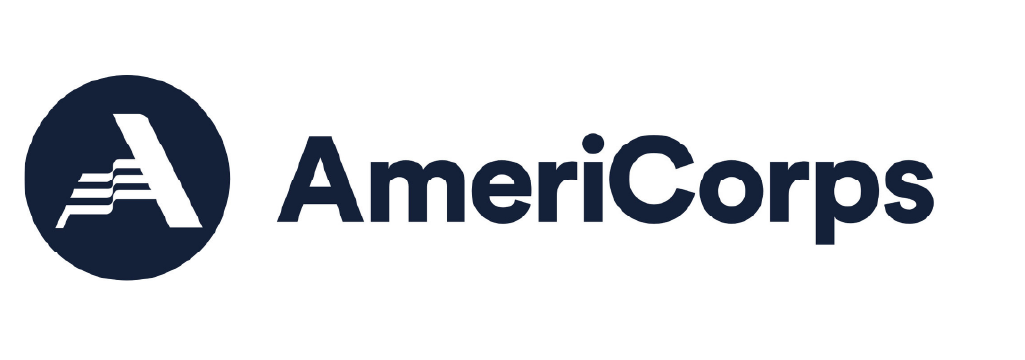
AmeriCorps State and National Grants
AmeriCorps provides grants to a broad range of local and national organizations and agencies committed to using service to address compelling community issues.

AmeriCorps VISTA
AmeriCorps VISTA program is guided by four core principles: anti-poverty, community engagement, capacity building, and sustainable solutions.
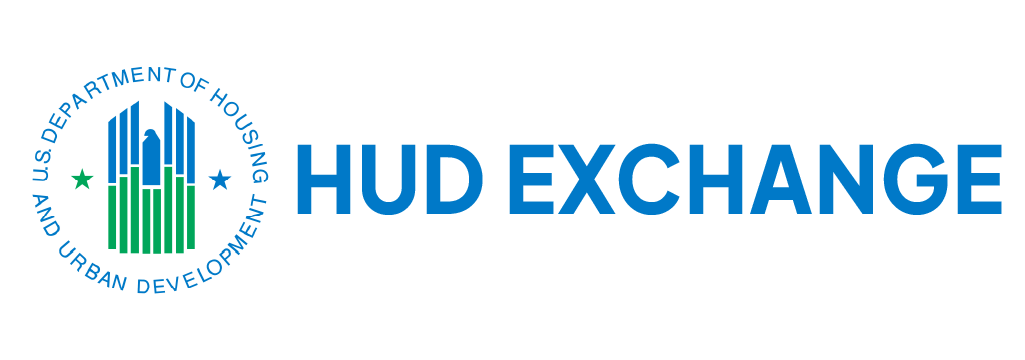
Community Development Block Grant (CDBG)
The CDBG program works to ensure decent affordable housing, to provide services to the most vulnerable in our communities, and to create jobs through the expansion and retention of businesses.

Edward Byrne Memorial Justice Assistance Grant (JAG)
JAG funds awarded to a state or local may be used to support a range of program areas, including law enforcement, prosecution, indigent defense, courts, crime prevention and education…
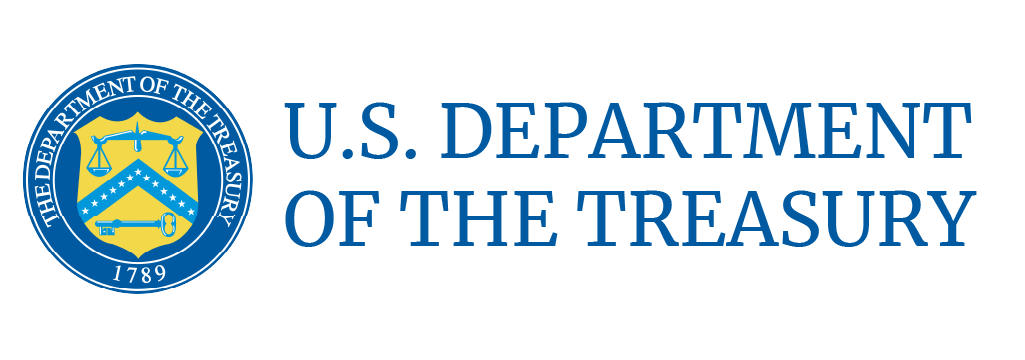
Emergency Rental Assistance Program (ERAP)
The American Rescue Plan Act built upon the ERAP, is set to reduce evictions by providing an additional $21.6 B in emergency rental assistance for low-income renters who have lost income…

Emergency Solutions Grants (ESG) Program
The Emergency Solutions Grants Program focuses on assisting people to quickly regain stability in permanent housing after experiencing a housing crisis and/or homelessness.
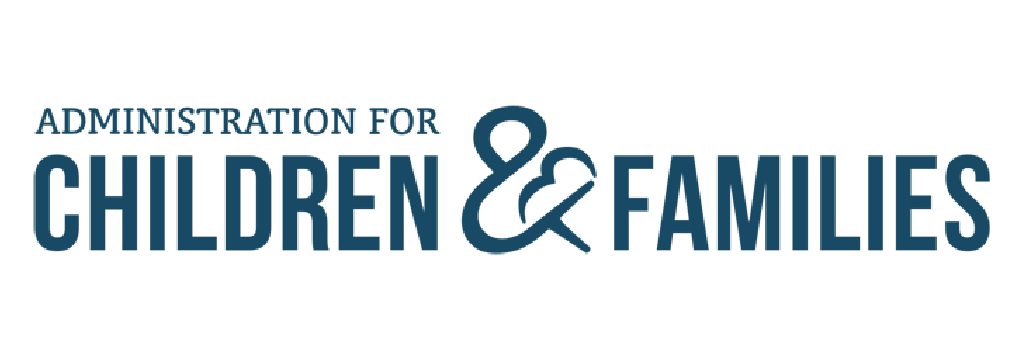
Family Violence Prevention and Services Formula Grants (FVPSA)
The Family Violence Prevention and Services formula grants to states and territories fund more than 1,600 local public, private, nonprofit and faith-based organizations and programs demonstrating…

Homeowner Assistance Fund (HAF)
The HAF is for the purpose of preventing homeowner mortgage delinquencies, defaults, foreclosures, loss of utilities or home energy services, and displacements of homeowners experiencing financing hardship due to…

State and Local Fiscal Recovery Funds (FRF)
FRF is the largest and most flexible source of American Rescue Plan Act funds to help states, counties, cities and Tribal governments cover increased expenditures, replenish lost revenue…
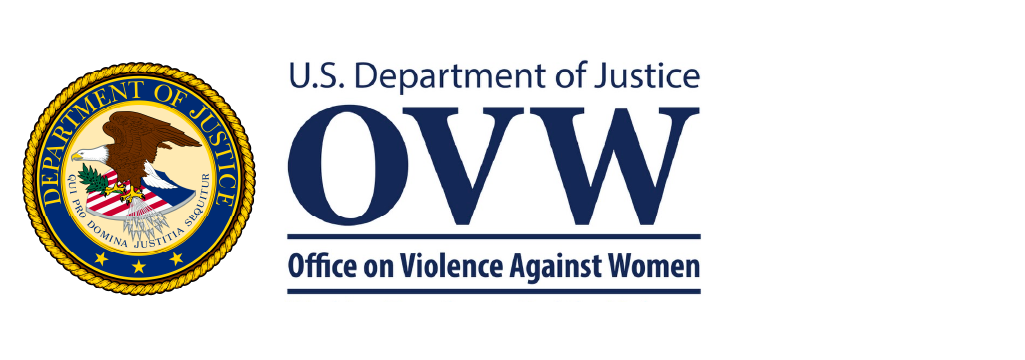
STOP (Services, Training, Officers, and Prosecutors) Violence Against Women Formula Grant
STOP (Services, Training, Officers, and Prosecutors) Violence Against Women Formula Grants are awarded to states to develop and strengthen the criminal justice system’s response…

Title IV-B – State Court Improvement Program (CIP)
The State Court Improvement Program is for children and families who need assistance in order to keep their families together.

Title IV-D – Child Support and Establishment of Paternity
The child support program serves over 17 million children, and provides information to pro se parents helping ensure that parents understand the child support process, know what to expect…

Title IV-E – Federal Payments for Foster Care and Adoption Assistance
The Federal Foster Care Program helps to provide safe and stable out-of-home care for children until the children are safely returned home, placed permanently with adoptive families…

Victims of Crime Act (VOCA) Victim Assistance Formula Grants
VOCA provides funding to groups and direct services for victims, such as domestic violence shelters, legal support, faith-based organizations, and child abuse organizations.

